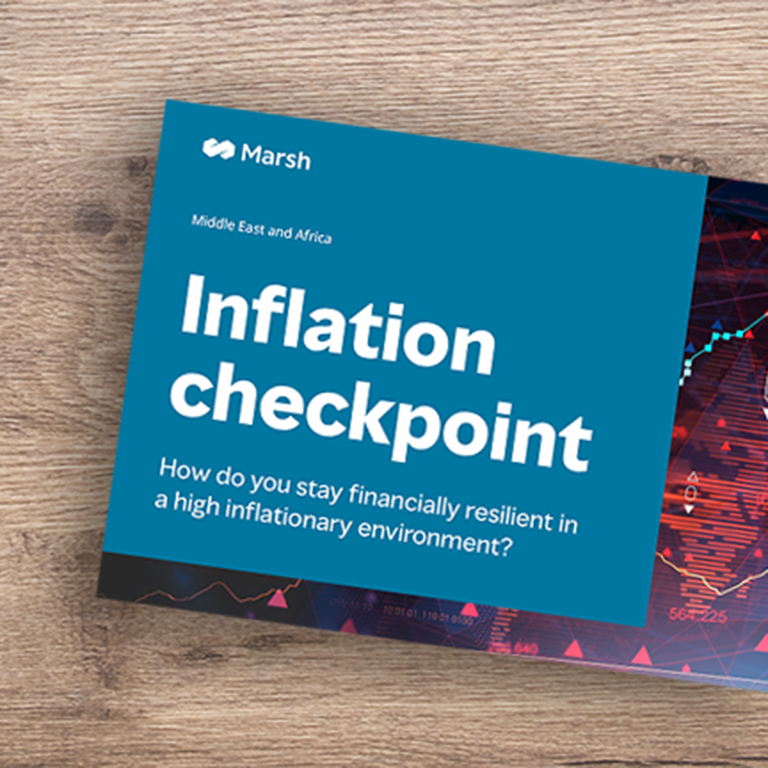- Argentina(Español)
- Österreich (Deutsch)
- Belgium(English)
- Belgique (Français)
- België(Nederlands)
- Brasil (Português)
- Canada(English)
- Canada (Français)
- Chile(Español)
- (Chinese)
- Colombia(Español)
- Czechia(Czech)
- Denmark(Danish)
- República dominicana(Español)
- France (Français)
- Deutschland (Deutsch)
- Hungary(Hungarian)
- Italia(Italiano)
- 日本(日本語)
- Kazakhstan(Kazakh)
- Kazakhstan(Russian)
- Luxembourg(Français)
- Mexico(Español)
- (Français)
- Nederland(Nederlands)
- Panamá(Español)
- Perú(Español)
- Poland(Polish)
- Portugal (Português)
- Puerto Rico(Español)
- Romania(Romanian)
- Slovakia(Slovak)
- España (Español)
- Taiwan(Chinese)
- (Français)
- Turkey(Turkish)
- Ukraine(Ukrainian)
- United States(English)
- Uruguay(Español)
- Venezuela(Español)
The complex nature of business today does not occur in a vacuum. Companies form part of interdependent networks with many internal and external stakeholders. As the business environment becomes increasingly interconnected and volatile, it’s important for you to have a comprehensive and up-to-date understanding of the risks to your everyday business operations and be prepared to manage them.
Business interruption can occur due to any number of factors, ranging from property damage caused by a major storm, machinery breakdowns, labor disputes, cyberattacks, and other risk events. Business interruption losses can range from reduced sales, to the increased cost of working due to the loss of a critical supplier, to the loss of future revenue streams from a disruptive event.
While business interruption is not a new risk phenomenon, companies still struggle to manage and accurately assess their risk exposures. This is due to operational and financial reasons and the vast amount of data that needs to be collected from across an organization.
Marsh’s business interruption specialists can provide you with data-backed insights into potential causes of business interruption, help you stress test your organization’s resilience, and develop effective risk transfer and management strategies. When the worst happens, our claims specialists can help with properly identifying your business interruption losses and costs, and then advocating for appropriate recovery from insurers.
Our team works with your company’s leadership and stakeholders to address and mitigate business interruption risks, ensuring you are positioned along a more stable road to success.
Related insights
FAQs
Business interruption insurance is often included in a company’s property insurance policy or is added to it through an endorsement. It is intended to help keep a business afloat during a time of crisis stemming from damage to property, whether that involves inclement weather or a natural disaster, a supply chain issue, a labor dispute, or other form of business interruption. This coverage is valuable in circumstances where your business income might be interrupted for some time and the impact may have serious consequences on your bottom line.
Depending on the specifics of your policy, business interruption insurance covers loss of income due to a direct physical loss or damage to your property, and can also help with maintaining regular operations.
With business interruption insurance, it is common in a property policy that a deductible and/or waiting period needs to be applied before an insurer will begin to pay against a loss. In addition, the coverage provided may be limited to a specified period of time or a sublimit within the property policy.
Any business that is vulnerable to interruption of daily operations from any number of causes, including, for example, natural disasters, supply chain issues, and cyber disruptions that cause property damage should consider obtaining business interruption insurance. This is especially true in cases where your business may not have extensive cash reserves to buffer the period of interruption, but needs to continue paying rent or mortgage payments, salaries, loans, or other expenses. Without regular income flows provided by your business or insurance recoveries, there could be unfortunate financial outcomes.
An extra expense extension to a property policy typically provides coverage for necessary expenses during the business restoration period that would not have been incurred without a business interruption loss. When you face a loss, you are obligated to take reasonable steps to prevent or minimize it. The expenses related to reducing your loss typically are covered as part of your business income loss, so long as they do not exceed the loss itself.
Service interruptions can be covered through an extension to a business interruption policy. It will typically provide business income coverage due to direct physical loss, damage, or destruction to electrical, steam, gas, water, sewer, telephone, or any other utility service’s property. That property could include transmission lines and related plants, substations, and equipment supplying services to covered locations.
There are potentially some restrictions on coverage. These may include:
- Distance limitations, where the actual physical loss or damage to the utility’s property must occur within a specified distance in relation to your premises where the business income loss occurs.
- Exclusions for certain perils, such as earthquakes.
- Exclusions for overhead transmission and distribution lines.
- A waiting period — typically 24 or 48 hours — during which no coverage will apply unless the period of the service(s) interruption exceeds the specified period.
Contingent business interruption covers business income loss resulting from interdependencies, in other words, physical loss, damage, or destruction of property owned by those related to you in the flow of commerce. It typically includes direct “suppliers” of goods or services to you and direct “receivers” or “customers” of goods or services manufactured or provided by you. The physical damage to your suppliers or receivers usually must be of a type that would be covered by your policy had the damage happened to your own property.
While contingent business interruption often provides coverage for the “direct” relationship between you and your suppliers or receivers, it can sometimes be extended to cover your suppliers’ suppliers — typically known as “indirect” or “second tier” suppliers. Such coverage may require, among other things, that indirect suppliers be specifically identified.
We have seen the need to closely manage business interruption risk during the COVID-19 pandemic and recent periods of civil unrest, when many businesses were forced to close for a period of time, experienced unprecedented supply chain disruptions, and in some cases suffered physical damage to their properties.
Marsh’s team of risk advisors can help you assess the risks that might contribute to business interruption, as well as develop an understanding of how an interruption may affect your business. From there, you can take a team approach to creating a plan for managing risk.
Preventative planning is an integral part of mitigating business interruption exposures. Development of policies that seek to prevent issues from arising can keep your business on track. The flip side of this plan will be strategizing the response and insurance coverage that will aid recovery from any interruption that does occur.
Your risk advisor can help you adjust your coverage as exposures evolve, implement appropriate risk mitigation strategies, and assist you in selecting the best approach to claim recoveries when a loss happens.



